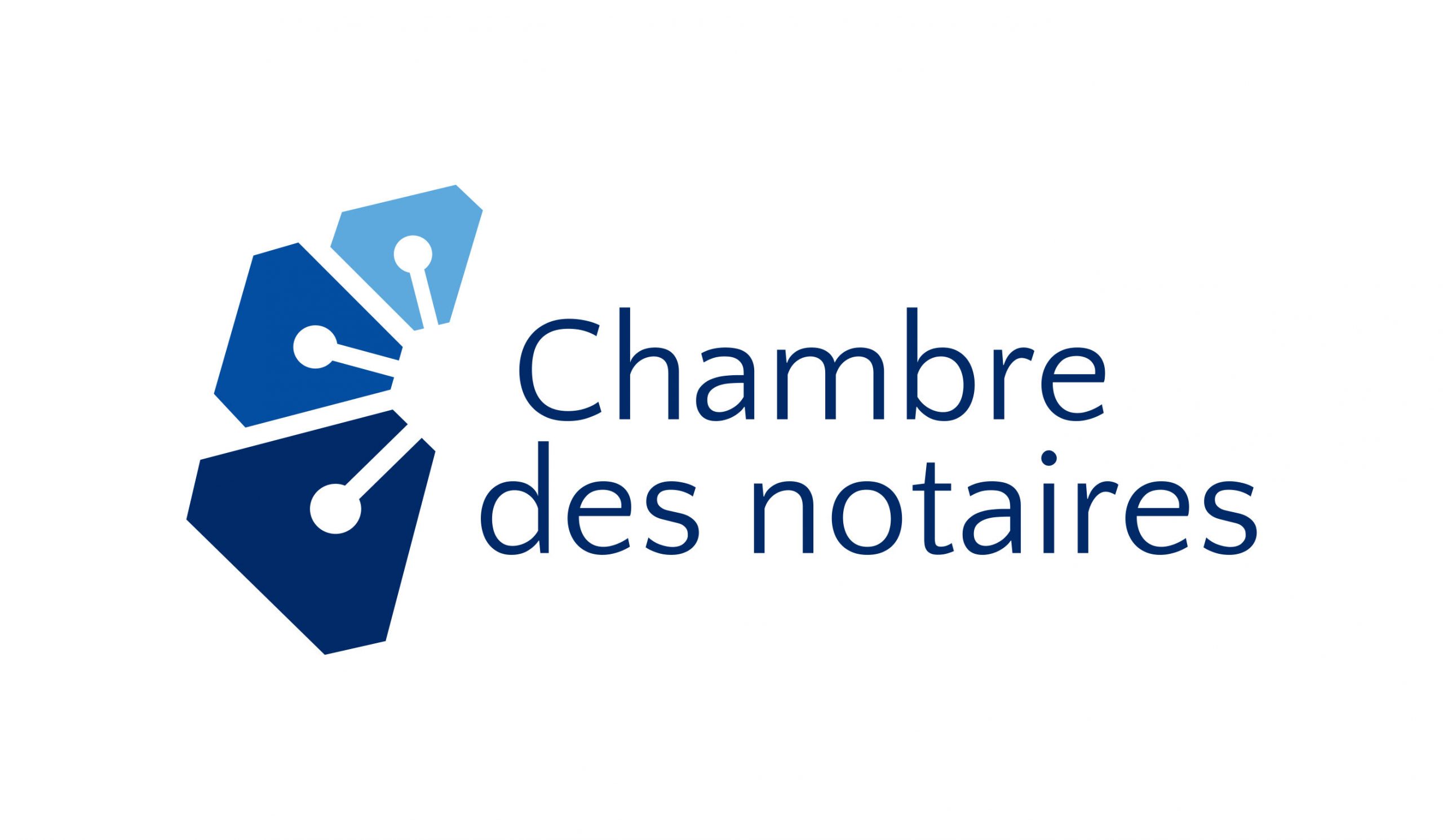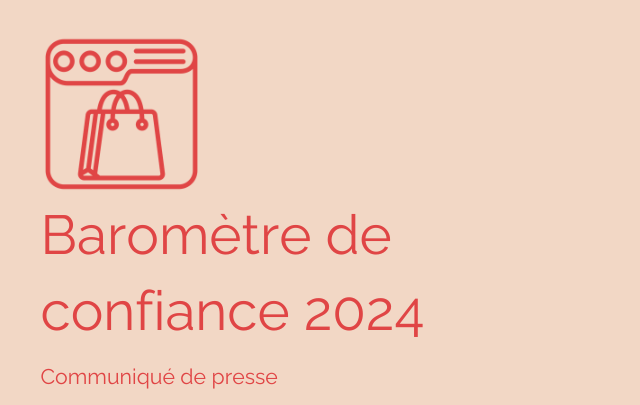

Photo: Isaac Struna
An agreement between the federal government and Air Canada requires the carrier to issue refunds to customers, but we’re still waiting for a measure that will help all the passengers who were stranded on the tarmac by the pandemic get their money back.
Cancelled flights, border closings, travel restrictions, mandatory quarantine… The pandemic has turned many consumers’ dreams of travel into nightmares.
Many travellers were refused the refund they wanted. Instead, the imposed “solution” was a voucher – initially with conditions, then slightly fewer conditions — but still, a credit for travel at a future date. Consumers, not surprisingly, pooh-poohed that solution. After all, who knows when life will get back to normal? Although mass vaccinations have given us some sense of hope, there’s no way to predict when it will be possible to travel safely abroad again. Some consumers will basically decide not to travel again, while others may not be able to travel due to health or financial considerations. Others, quite simply, need to get their money back now.
A year of waiting
The pandemic took everyone by surprise in March 2020 – companies, consumers and governments alike. A year later, the situation is still dragging on. What have government authorities done to help air passengers? To date, precious little.
Quite a few airlines, on the pretext that issuing refunds to passengers would jeopardize their financial health, have claimed the right to keep customers’ money, offering vouchers instead. In effect, that means customers are forced to finance the airlines without being offered either interest or any formal guarantee of reimbursement.
Under the circumstances, theCanadian Transportation Agency (CTA), which is in charge of monitoring the airline industry and applying the relevant legislation and regulations, maintained that under the Air Passenger Protection Regulations (APPR), air carriers are not obliged to issue refunds to customers when a disruption beyond their control means they can’t take the customers where they want to go within a reasonable period of time. In practical terms, the CTA has sided with the airline companies, leaving passengers to their own devices.
However, not all of the air carriers’ obligations are spelled out in the APPR in an exclusive and exhaustive form. Other legislation and regulations impose strict obligations and give the authorities the power to act to help consumers.
The Canada Transportation Act and related regulations give the CTA power to intervene, notably when a tariff includes an unreasonable condition. It’s hard to imagine, in a society of law, how it could possibly be considered reasonable for a company – let’s say an airline – to impose a condition on consumers stipulating that it (the company) is allowed to keep travellers’ money without being obliged to provide the services the customer has paid for!
Airline pricing grids constitute contracts, which are also subject to provincial legislation. For example, in Quebec, contracts are required to respect the Civil Code of Quebec (C.C.Q.) and the Consumer Protection Act (CPA). The CCQ stipulates that an airline may be released from its obligation to transport customers due to force majeure, and also that in such cases, the airline has an obligation to repay the sums it has received. Under the CPA, consumers are entitled to request the cancellation of a contract for non-delivery. The Act also protects consumers from abusive clauses in contracts.
Taking the bull by the horns
In the face of apparent inaction by government authorities, consumers have been forced to take matters into their own hands. Thousands of Quebecers have filed claims with the Fonds d'indemnisation des clients des agents de voyages, which is overseen by the Office de la protection du consommateur (consumer protection office, known by its French initials, OPC). To date, no consumers have been compensated, as the CPO is waiting to see what the federal government will do.
Thousands of passengers have also filed complaints with the CTA and are still waiting for news.
Applications for permission to file a class action suit have also been made to the courts, notably in Quebec and in the Federal Court. The class action was rejected by the Federal Court for lack of jurisdiction. At the time of writing, a decision is anticipated from the Superior Court on the application filed in Quebec in the case of Lachaine v. Air Transat, Air Canada, Sunwing, Westjet et als. Even if the court gives the green light, however, it could well take years to settle the case.
Consumers who took out travel insurance with a cancellation clause have turned to their insurance companies. Here again, many have been turned down, as the insurance companies consider that clients who have received a voucher have been compensated.
What recourse do individuals have? Some consumers have decided to file civil cases against their air carriers or travel agents. In Quebec, most of these cases are heard in Small Claims Court. Given the delays inherent in these procedures, few decisions have been rendered so far. But here again, the results have been mixed. While one couple did succeed in obtaining a decision that requires the carrier to give them their money back, other files are on hold until one of the class actions is concluded.
A long time coming
Since the beginning of the COVID crisis, air travellers have received very little support from the federal government. In response to repeated requests from the airlines for more financial support, Prime Minister Trudeau stated publically that support would be conditional on airline passengers receiving refunds. Negotiations have been announced.
In the wake of a ministerial directive, the CTA also launched a public consultation designed to impose new obligations on air carriers in the event of disruptions beyond their control. The CTA repeated its restrictive interpretation of the regulation stipulating that carriers are not required to issue refunds to consumers. If any regulatory changes are adopted and come into effect, that solution would only apply to future disruptions.
More than a year after the start of the pandemic, we can finally see a small light at the end of the tunnel. The federal government and Air Canada have announced an agreement. The government has agreed to give the airline financial aid in the form of loans, and the carrier has, among other things, committed to issuing refunds to customers, including those who were given vouchers or Aeroplan points.
As is so often the case, though, the devil is in the details. Refunds will not be automatic. Yet again, consumers will have to take the initiative to get their money back. And even though the carrier has held onto their money for more than a year, passengers will have a mere three months to file their claim, and those who bought their tickets through a travel agency will have to request their refund via the same travel agency. Even though the agencies’ commissions are not in jeopardy, some agencies are charging consumers a fee to recover the money owed to them.
Meanwhile, what about customers of other carriers? No news. The government says they’re at the negotiation stage. However, the law is clear: passengers are entitled to a refund. It’s way past time for our government to snap to it and make sure that voters’ rights are respected. If negotiations drag on and on, the government has the power to impose basic conditions on any additional financial aid, including refunds to passengers, whether the airline industry likes it or not.




